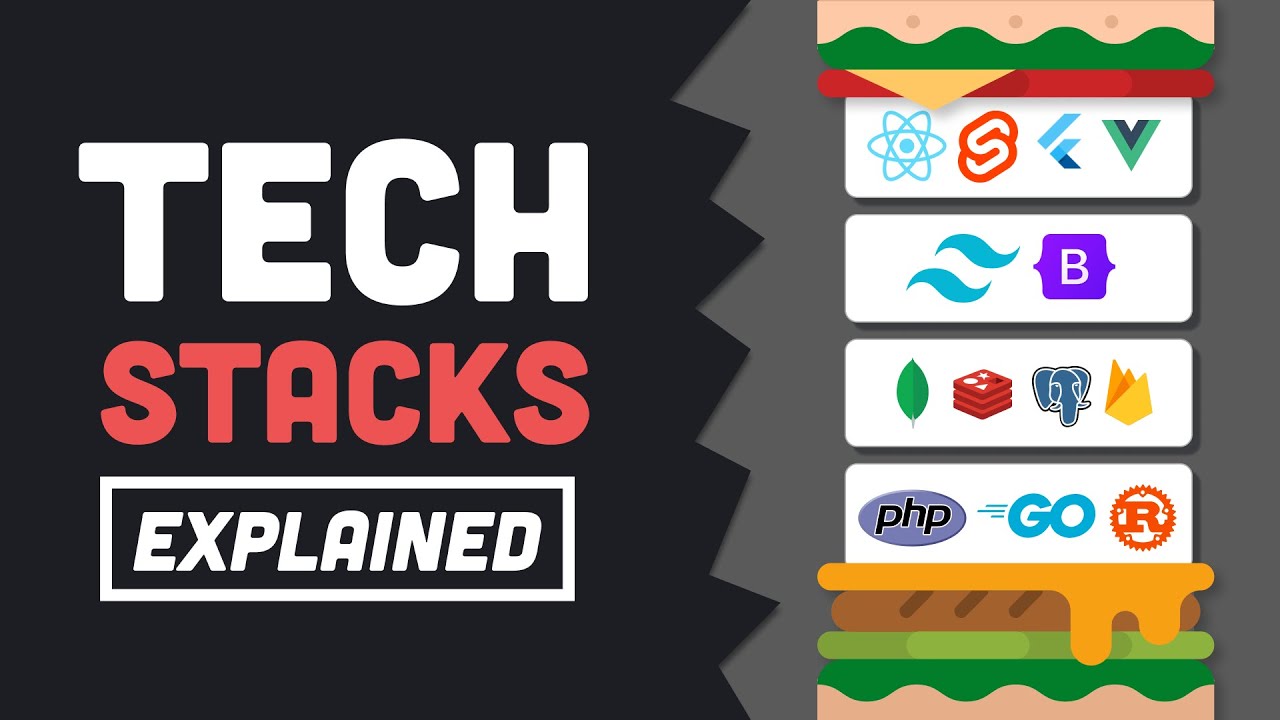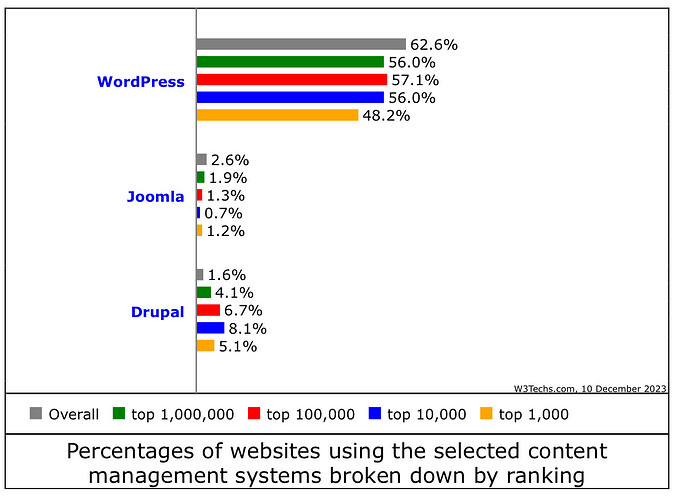Lapse in logic! All eggs in one basket! Built for everyone!
Lot of mind-benders in that paragraph.
Dependencies are a matter of perspectives.
There is a reason I shared that video.
How granular does a user wants to go?
For instance, Bricks is built using Vue, Oxygen with Angular, while Elementor with React.
Does it matter to an user of a page builder whether the technology choice was Vue, Angular or React?
No. The user outsourced that technology decision to a third party, the pagebuilder.
The user is only concerned with the user’s experience of interacting with a pagebuilder, and whether the user is able to achieve the desired outcomes using that pagebuilder.
Some pagebuilders come with an inbuilt form feature with rich integrations and functionality, while others don’t, and an user has to use a third party form plugin in the latter case.
Some pagebuilders lack functionality and a user has to install 20 plugins to achieve the desired result, while some other pagebuilder comes inbuilt with many functionalities and an user only has to install 10 plugins for instance.
A pagebuilder bundles various different technologies and functionalities to give an unified experience to the user, to achieve as many different outcomes as a user desires. Those choices differentiate them from their competitors.
Same goes for Hosting.
Take AWS for example.
When one goes into the weeds of how granular one can go with something like AWS, it is nuts.
One can get into the weeds of AWS directly, else seek assistance from third parties.
Thus there are countless options when choosing hosting providers, and these service providers offer layered solutions on top of something like AWS, i.e. managed hosting.
(Whether it’s Cloud, VPS, Shared, Managed, some other industry term - it’s all managed in a way).
Webflow takes away this hassle from the user.
All a user has to do is hit ‘Publish’ and Webflow takes care of the rest. No hosting worries, no plugin updates nightmare, no roll backs, no bugs, no other shenanigans. It’s super managed. A user doesn’t have to worry about the hosting infrastructure at all, and can focus solely on web design.
An unified solution - CMS, Builder, CMS items, apps, Hosting.
All eggs in one basket! Perhaps the more appropriate term is outsourcing of concerns.
An user outsourced their concerns to an unified service provider.
Elementor also recently started offering hosting solutions, and is following this model.
Some prefer this unified approach, while some prefer granularity like dealing with AWS directly and installing countless plugins, while most fall somewhere in between.
Wordpress - Built for everyone.
What’s wrong with that!
Bricks is built for everyone in a way.
Bricks is for users creating Brochure Sites, WooCommerce Sites, Multilingual Sites, and other sub types.
If a user starts getting worried or starts complaining that Bricks should not focus on multilingual functionality and compatibility and focus solely on Brochure Sites, would that stand make sense?
Some other user might complain that Bricks should not focus on WooCommerce and focus solely on Multilingual functionality and compatibility. Would that stand make sense?
No.
A subset of Bricks clients use multilingual functionality and compatibility, while some other subset use WooCommerce, while some other subset use Bricks to build Brochure Sites, and Bricks has to cater to all their needs if Bricks wants to expand its user base.
So does WordPress.
WordPress has to cater to all their users, if it wants to expand its market share.
Built for everyone! - It’s a good thing.
Forking!
Bricks is puny compared to Elementor in terms of the user base it serves.
Despite all its raging success, Elementor never dared to fork, and stayed within the WordPress ecosystem and is still thriving in it. For Bricks to even consider forking would be a death wish.
ClassicPress!
A link shared above states that they had forked WordPress 4.9.
I visited their website, and now they have forked WordPress 6.0.
It seems that they will keep forking every major version of WordPress.
ClassicPress seems like a hobby project more than anything else.
Why be on a fork, when one can be on the real deal!
![]() If you put together a system like this: Fast CMS + Fast E-Commerce + Quick Visual Builder, then in theory the perfect site
If you put together a system like this: Fast CMS + Fast E-Commerce + Quick Visual Builder, then in theory the perfect site ![]() In my practice I work a lot with online stores and for me it is very important.
In my practice I work a lot with online stores and for me it is very important.

